Macs and iPhones are easier for IT administrators to deploy to workers than PCs and other smartphone platforms, according to a survey examining the increased adoption of Apple products in enterprise, with the results also indicating that Macs and iOS devices are also perceived as easier to secure and support than alternatives.
Approximately 91 percent of enterprise organizations use Macs, according to a survey by Jamf, a provider of Apple device management software, while 99 percent report the use of iPhones and iPads. The survey also found the amount of Mac and iOS usage growing year-on-year, with 74 percent of organizations reporting increased adoption of Macs for 2016 compared to 2015, with 76 percent seeing increased usage for iOS.
The ability to choose the tools to work with is said to be behind the increased adoption, with 44 percent of surveyed organizations offering employees the choice between a Mac and PC, while a similar option for smartphones is offered 71 percent of the time. Jamf notes another survey querying employees about their computing preferences revealed that the ability to choose hardware is valued, with 80 percent suggesting it should become a standard operating procedure.
In terms of what employees would choose, Jamf turns to IBM, which has steadily deployed Macs to its workforce since 2015 as part of its own employee choice program, and is close to the 100,000 Mac milestone. According to an internal survey, 73 percent of IBM employees want to use a Mac as their next computer for work.
IT administrators also have a better time working with Apple products compared to competitors, thanks to Apple's Device Enrollment Program. In the survey, 62 percent say the Mac is as easy or easier than a PC to deploy to employees, with the figure rising to 93 percent for iPhones and iPads.
The native security tools and Apple's work to protect user data is also welcomed by administrators, with 66 percent claiming it's as easy or easier to maintain a secure environment on a Mac than a PC. When compared to Android and other mobile platforms, 90 percent say it's easier to secure a mobile device running iOS than others.
It is as easy or easier to configure a Mac than a PC, according to 58 percent of respondents, while 91 percent say Apple mobile devices are as easy or easier to configure than those running Android. The result is likely due to Apple's mobile device management framework, built into macOS and iOS and used for configuring common account, network, and permission settings.
Macs are said to be as easy or easier to provide support for compared to PCs, said 63 percent of the sample population, rising to 89 percent for Apple's mobile devices. Software deployment is also as easy or easier on Macs than PCs for 57 percent of the group, 90 percent for iOS compared to other mobile platforms.
This simpler support belief is highlighted in IBM's data, which shows the percentage of support tickets for Mac-related issues lowering over time while Mac deployments increased. IBM also revealed only 5 percent of Mac-derived support tickets warranted personal assistance by support staff, while 27 percent for PC users required a desk-side visit.
While the results of the survey are mostly positive, the knowledge of IT administrators relating to integrating Macs into an existing environment is seen to be lacking. Even though Apple has built Macs to be able to connect to complex Wi-Fi networks and connect to shared drives, and also includes systems to allow them to work with Exchange and Active Directory, only 36 percent of those surveyed are said to "understand the ease of integration with Mac."
By comparison, 79 percent say it's as easy or easier to integrate an iPad or iPhone into an existing environment than another mobile operating system.
"Apple is gaining ground in the enterprise because employees prefer devices they use in their personal lives," Jamf summarizes, adding that the ability to use a device they are comfortable with impacts productivity and job satisfaction. "IT admins are adapting, finding that deployment, device configuration, security, and support are easier with Apple than other operating systems."
Jamf conducted the survey in January 2017 through Dimensional Research. The sample is made up of 300 IT professionals, including managers and executives, from commercial organizations around the world with employee counts ranging from 50 to over 10,000.
 Malcolm Owen
Malcolm Owen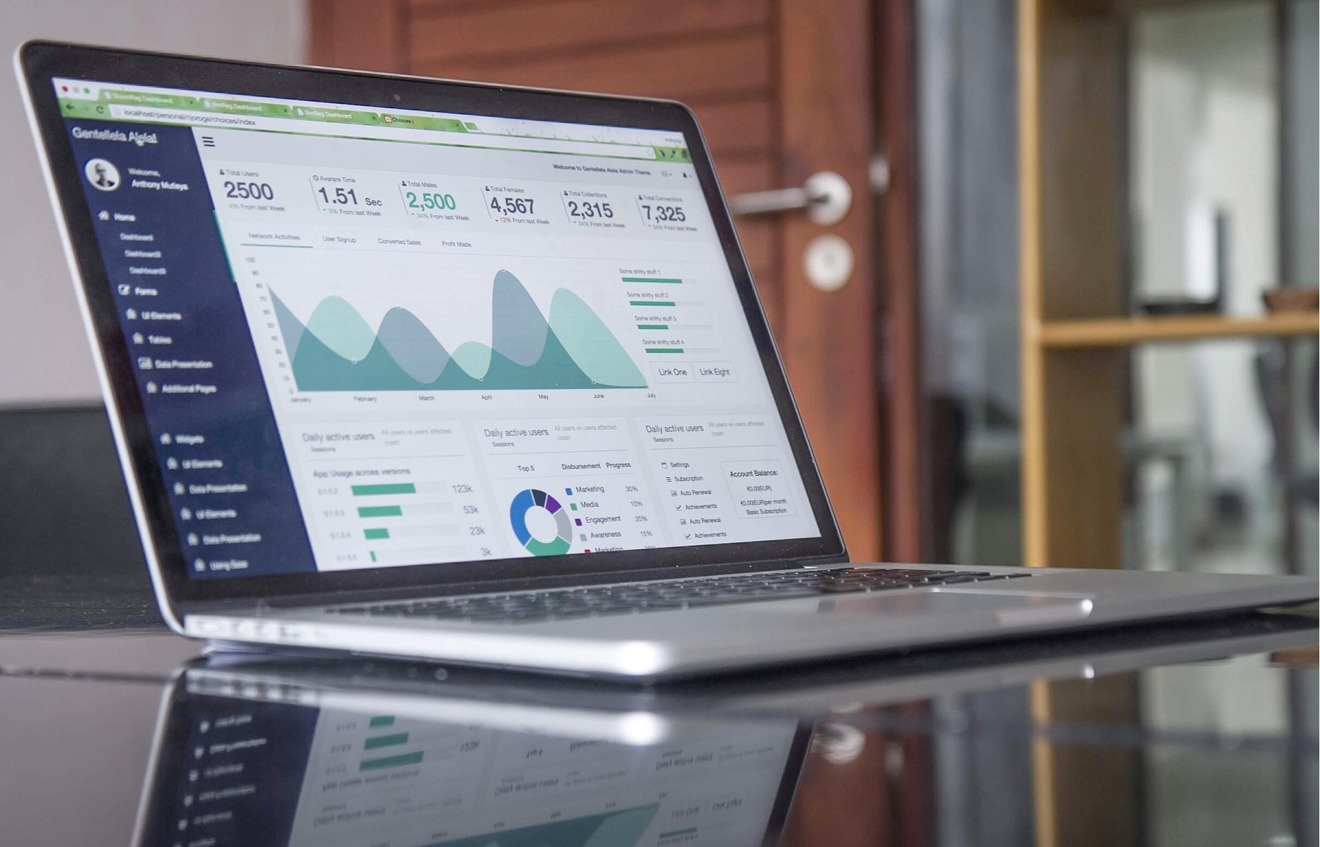
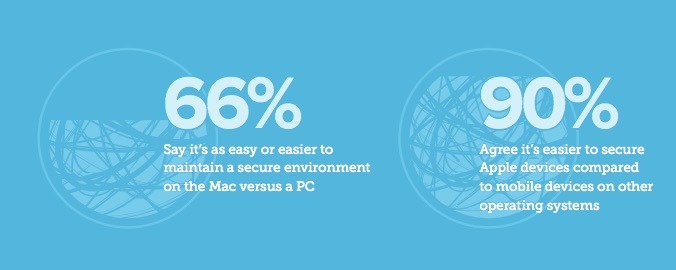







-m.jpg)





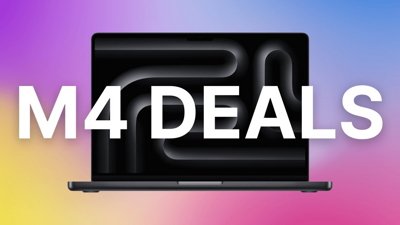
 Christine McKee
Christine McKee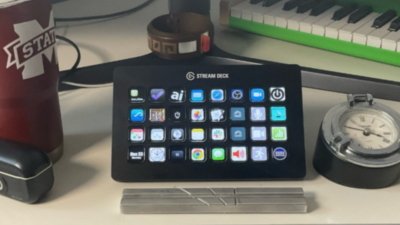
 William Gallagher
William Gallagher
 Amber Neely
Amber Neely
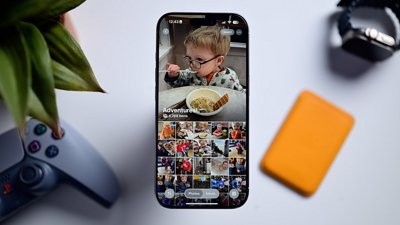
 Andrew O'Hara
Andrew O'Hara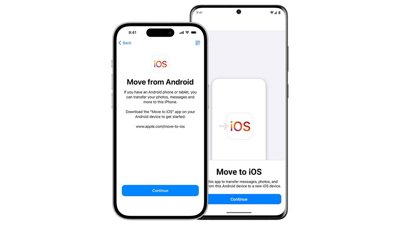

 Sponsored Content
Sponsored Content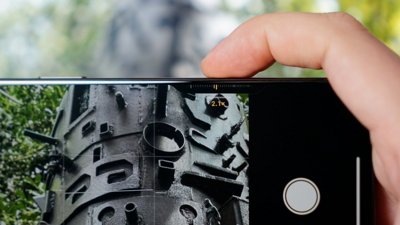
 Charles Martin
Charles Martin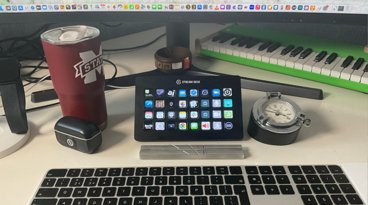
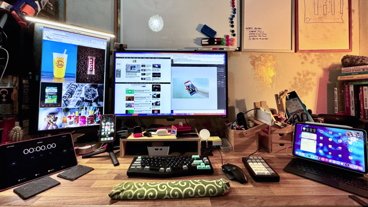
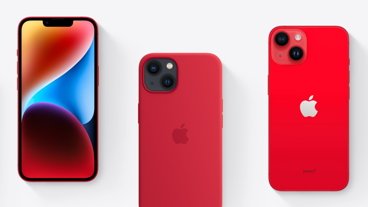







24 Comments
Too bad there is no way to physically secure Apple laptops. The lack of a locking option will probably be a deal breaker in some environments.
can you run that MDM servers in a VM on non apple hardware?